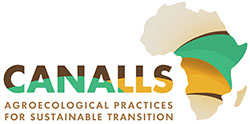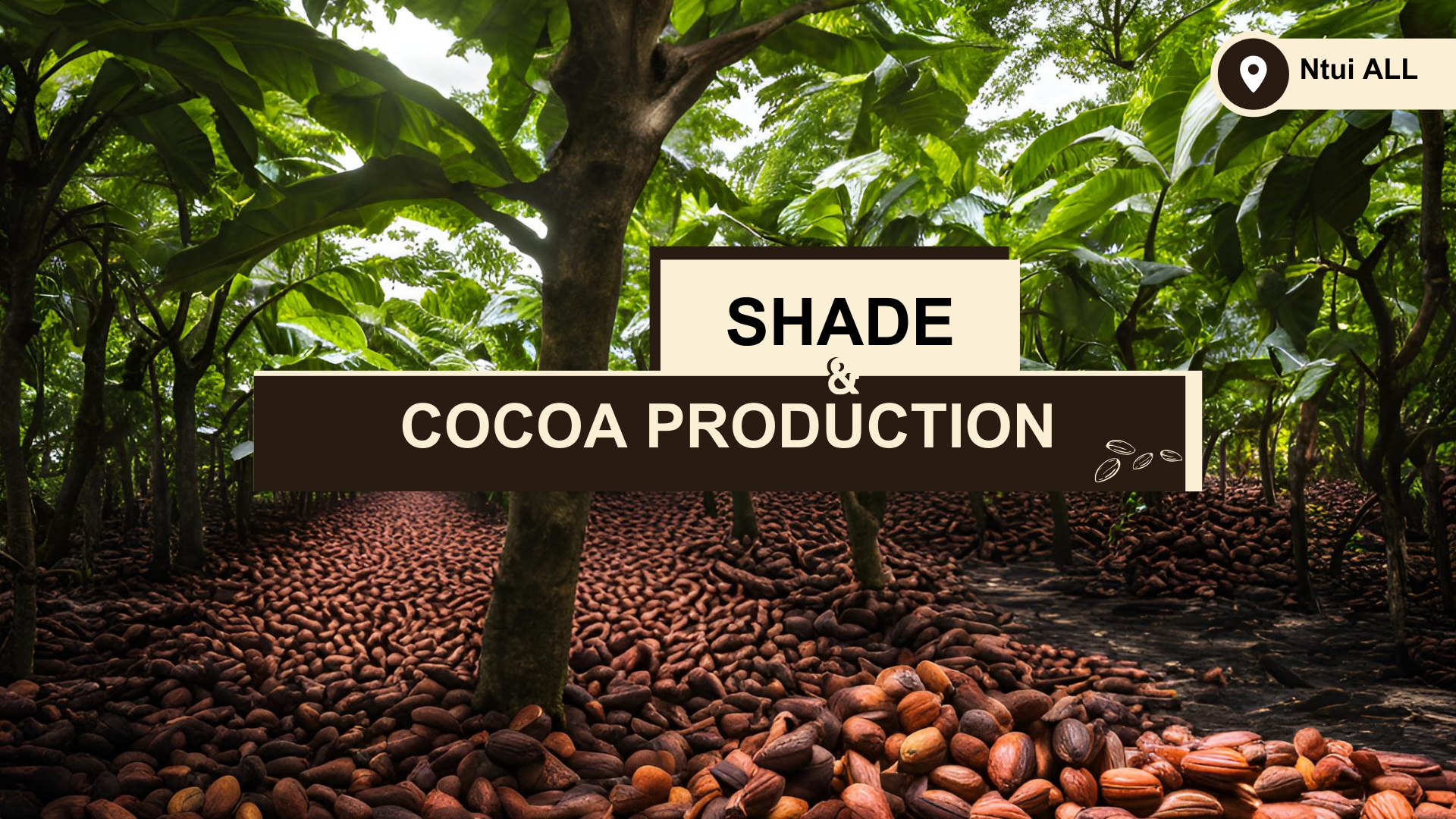Cocoa farming is a vital industry in West Africa, with 70% of the world’s cocoa supply coming from the region. In Cameroon, and specifically in the Ntui Agroecological Living Lab (ALL), the CANALLS Project is addressing critical challenges related to shade management for cocoa trees.
Traditionally, cocoa trees thrive under the natural shade of forest canopies, a practice still common in Latin America. However, in many West African countries, including Cameroon, forests are often cleared to increase cocoa production, which creates long-term challenges for both the environment and the trees.
Without shade, cocoa trees are exposed to stress from full sun, reducing their nutrient absorption and overall health. This also accelerates deforestation, contributing to carbon emissions and reducing biodiversity. To tackle these issues, the Ntui ALL is reintroducing traditional shade-management practices while evaluating the benefits and trade-offs of shade trees on cocoa production.
The experiments in Ntui focus on 30-year-old diversified plots with varied levels of shade, soil types, and topography. By collaborating with motivated farmers, the project aims to increase our understanding of how shade trees interact with cocoa trees, ultimately promoting healthier and more sustainable farming systems. These efforts align with broader global initiatives to improve cocoa sustainability, reduce deforestation, and mitigate the climate impact of farming practices.
Through this approach, Ntui’s ALL is paving the way for a future with sustainable cocoa production and better understanding of shade effects on cocoa agroforestry.



